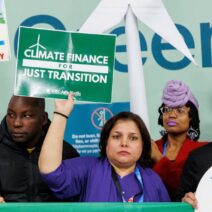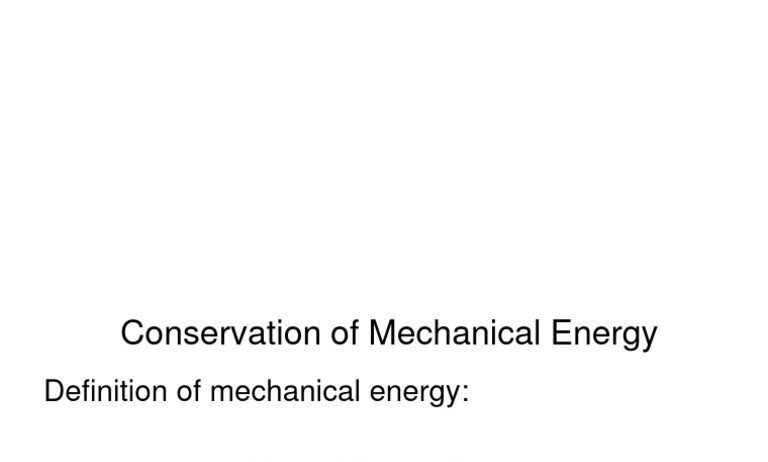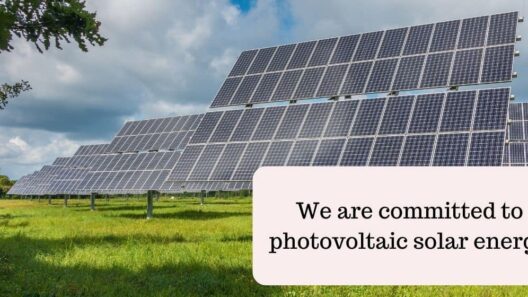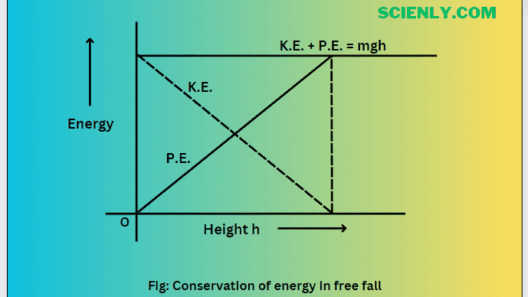Energy conservation is a term that elicits a myriad of emotional and rational responses. On one hand, it is hailed as a pivotal solution to our climate crisis; on the other, some may question whether the advocacy for energy conservation is more a detrimental problem than a viable solution. Is energy conservation a problem or a solution? This seemingly simple question exposes a plethora of underlying complexities that require a nuanced exploration.
To begin with, let us dissect the very essence of energy conservation. Energy conservation involves the judicious use and management of energy resources to sustain the environment and mitigate the adverse effects of energy consumption. In stark contrast to the notion of energy efficiency—which focuses on using technology to consume less energy for the same output—energy conservation emphasizes behavioral changes and lifestyle modifications. This distinction is not merely semantic; it sets the tone for the subsequent discourse on whether conservation should be championed or viewed with skepticism.
Advocates of energy conservation argue fervently that it is an essential solution to the challenges posed by climate change, resource scarcity, and environmental degradation. With global temperatures rising and fossil fuels depleting at an alarming rate, conservation offers a path toward sustainability that can lead to a more resilient planet. Implementing energy conservation practices can reduce greenhouse gas emissions, decrease reliance on finite resources, and lower energy bills. These advantages present a compelling case for conservation as a solution. Imagine the benefits of transforming our everyday habits—turning off lights when not in use, opting for public transportation, or using energy-efficient appliances. Such actions add up, coalescing into a significant positive impact on the environment.
However, juxtaposing this optimistic view are the skeptics who argue that the push for energy conservation can present its own set of problems. They contend that, while energy conservation initiatives may provide short-term relief, they do not necessarily foster long-term solutions. For instance, when individuals and organizations focus primarily on reducing energy consumption, there is a risk of neglecting the development and expansion of renewable energy sources. Reliance on conservation may lead to complacency, stifling innovation and infrastructure advancement essential for an enduring transition to clean energy. Is it possible that the conservation mindset could inadvertently hinder the progress necessary to address our energy challenges holistically?
Furthermore, the quest for energy conservation often raises questions about accessibility and equity. Economic disparities can exacerbate the effects of energy conservation initiatives. Lower-income households may lack the resources to invest in energy-efficient technologies or to make the lifestyle changes that conservation advocates promote. The result is that the richest segments of society gain the most from energy conservation programs, while marginalized communities are left to grapple with outdated infrastructure and energy inefficiencies. This discrepancy creates a paradigm where energy conservation is not merely a solution, but a potential problem exacerbating social inequalities.
This leads us to consider the macroeconomic implications of energy conservation. On a broader scale, as industries adopt more energy-conservative practices, some jobs may become obsolete, while others will emerge. The transition toward a conservation-centric economy could create a dichotomy in the job market—those workers with the skills to adapt may find empowerment, whereas others may be left adrift. Thus, the question looms: does energy conservation create as many problems as it alleviates?
Moreover, there exists the psychological factor—a behavioral inertia embedded within human nature. It is not uncommon for people to resist change, especially when it entails lifestyle alterations that may seem inconvenient or laborious. This cognitive dissonance could hinder the widespread implementation of energy conservation strategies. From the individual consumer level to global governance, a fundamental psychological shift is necessary for energy conservation to successfully transform into a universally adopted solution. Is energy conservation a challenge because of our inherent reluctance to change?
Understanding the complex interplay of energy conservation necessitates a multifaceted approach. Solutions must go beyond merely advocating for reduced energy consumption and must also encompass robust initiatives aimed at fostering equitable access to energy-efficient technologies. Policymakers and stakeholders should focus on creating frameworks that integrate energy conservation with renewable energy development, ensuring that both principles work synergistically to combat climate change.
To navigate the potential pitfalls of energy conservation, education initiatives are crucial. Public awareness campaigns can illuminate the importance of energy conservation while simultaneously educating communities about sustainable practices that are also economically feasible. Such efforts can empower individuals and communities to embrace conservation as a solution, rather than viewing it as a burdensome challenge.
In conclusion, the question of whether energy conservation is a problem or a solution does not yield a straightforward answer. Instead, it serves as a reminder of the intricacies involved in addressing the modern-day energy crisis. While energy conservation certainly holds promise as an essential tool for sustainable living, it is vital to recognize and address the associated challenges. Only through a comprehensive understanding and thoughtful approach can we truly harness the power of conservation as a genuine solution. As we embark on this journey, we must ask ourselves: are we prepared to embrace change, or will we let the inertia of the status quo dictate our energy future?








